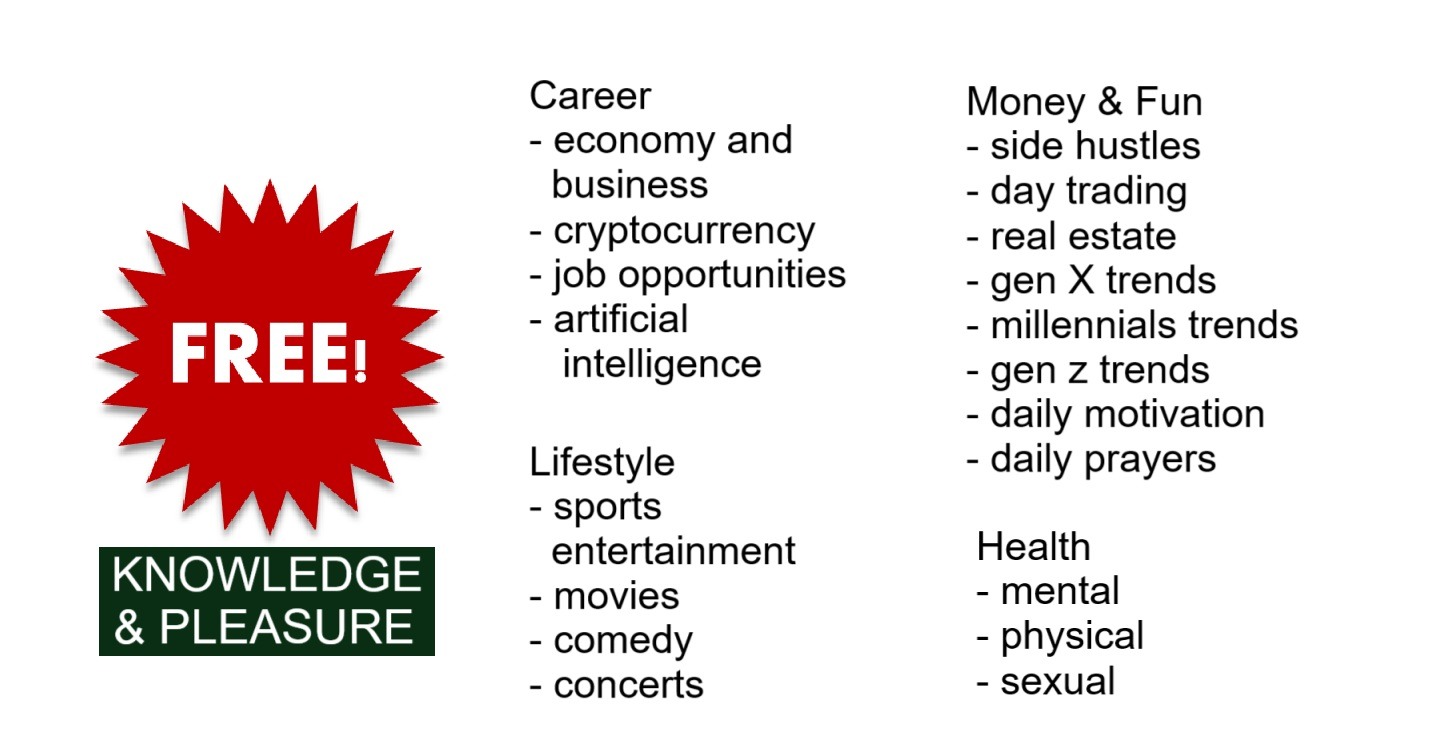Last Updated on April 15, 2025 by Royce Pierpont
Nestlé S.A., a Swiss multinational food and beverage conglomerate, stands as one of the world’s largest and most influential companies in the industry. With a vast portfolio of iconic brands and a global presence spanning numerous countries, Nestlé has consistently shaped the landscape of the food and beverage sector. A thorough SWOT analysis is essential to understanding Nestlé’s strategic position, competitive advantages, and potential challenges in an ever-evolving market.
Strengths
- Brand Portfolio and Recognition: Nestlé boasts an extensive and diverse brand portfolio that includes some of the most recognizable and trusted names in the food and beverage industry. Brands like Nescafé, Kit Kat, Maggi, and Purina enjoy widespread consumer recognition and loyalty. This brand equity provides Nestlé with a significant competitive advantage, allowing it to command premium pricing, maintain market share, and launch new products with greater success.
- Global Presence and Distribution Network: Nestlé has a well-established global presence, with operations in nearly every country around the world. This expansive reach provides access to diverse markets, consumer preferences, and growth opportunities. The company’s robust distribution network ensures that its products are readily available to consumers in a wide range of retail outlets and channels, enhancing market penetration and brand visibility.
- Research and Development Capabilities: Nestlé places a strong emphasis on research and development (R&D) to drive innovation and stay ahead of evolving consumer trends. The company invests heavily in R&D facilities and employs a team of scientists and experts to develop new products, improve existing formulations, and explore emerging technologies. This commitment to innovation enables Nestlé to introduce novel products that cater to changing consumer demands and maintain a competitive edge.
- Financial Stability and Resources: As one of the largest food and beverage companies in the world, Nestlé possesses significant financial stability and resources. This financial strength enables the company to invest in strategic initiatives, acquisitions, and expansion projects. Nestlé’s strong financial position also provides a buffer against economic downturns and market fluctuations.
- Sustainability Initiatives: Nestlé has made substantial investments in sustainability initiatives, focusing on responsible sourcing, environmental protection, and social responsibility. The company’s commitment to sustainability resonates with environmentally conscious consumers and enhances its brand image. These initiatives also contribute to long-term cost savings and operational efficiencies.
Weaknesses
- Health and Nutritional Concerns: Some of Nestlé’s products, particularly those in the confectionery and processed food categories, have been criticized for their high sugar, salt, and fat content. These concerns have led to increased scrutiny from health advocates and regulatory bodies, potentially impacting consumer perception and sales.
- Ethical and Environmental Controversies: Nestlé has faced criticism and controversy related to its business practices, including water usage, labor practices, and environmental impact. These controversies have damaged the company’s reputation and led to boycott campaigns, impacting brand trust and consumer loyalty.
- Complexity and Bureaucracy: As a large and decentralized organization, Nestlé can be prone to complexity and bureaucracy. This can slow down decision-making processes, hinder innovation, and make it challenging to respond quickly to changing market conditions.
- Dependence on Developed Markets: While Nestlé has a strong global presence, a significant portion of its revenue is generated from developed markets. This dependence makes the company vulnerable to economic downturns and market saturation in these regions.
- Exposure to Commodity Price Volatility: Nestlé’s profitability is susceptible to fluctuations in commodity prices, such as cocoa, coffee, and dairy. These price swings can impact the company’s cost of goods sold and profit margins, requiring effective risk management strategies.
Opportunities
- Emerging Markets Growth: Emerging markets offer significant growth opportunities for Nestlé due to their expanding populations, rising disposable incomes, and changing consumer preferences. By expanding its presence in these markets, Nestlé can tap into new revenue streams and achieve sustainable growth.
- Health and Wellness Trends: The growing consumer focus on health and wellness presents opportunities for Nestlé to develop and market healthier products. This includes organic foods, plant-based alternatives, and functional foods with added health benefits.
- E-commerce and Digitalization: The increasing prevalence of e-commerce and digital technologies provides Nestlé with new channels to reach consumers, personalize marketing campaigns, and improve operational efficiency. By investing in e-commerce platforms and digital marketing strategies, Nestlé can enhance its customer engagement and drive sales.
- Strategic Acquisitions and Partnerships: Nestlé can leverage strategic acquisitions and partnerships to expand its product portfolio, enter new markets, and gain access to innovative technologies. These alliances can accelerate growth, enhance competitiveness, and create synergistic opportunities.
- Sustainability and Ethical Sourcing: The rising consumer awareness of sustainability and ethical sourcing presents opportunities for Nestlé to strengthen its brand image and build trust. By implementing responsible sourcing practices, reducing environmental impact, and promoting social responsibility, Nestlé can appeal to environmentally and socially conscious consumers.
Threats
- Intense Competition: The food and beverage industry is highly competitive, with numerous global and local players vying for market share. This intense competition can lead to price wars, reduced profit margins, and increased marketing expenses.
- Changing Consumer Preferences: Consumer preferences are constantly evolving, driven by factors such as health concerns, ethical considerations, and convenience. Nestlé must continuously adapt its product offerings and marketing strategies to meet these changing consumer demands.
- Regulatory Scrutiny: The food and beverage industry is subject to increasing regulatory scrutiny, including labeling requirements, food safety standards, and advertising restrictions. Compliance with these regulations can be costly and time-consuming.
- Economic Downturns: Economic downturns can negatively impact consumer spending and demand for Nestlé’s products. This can lead to reduced sales, lower profit margins, and increased competitive pressure.
- Geopolitical Risks: Political instability, trade disputes, and geopolitical tensions can disrupt Nestlé’s supply chain, impact its operations, and create uncertainty in key markets.
Conclusion
Nestlé possesses a strong foundation built upon its iconic brand portfolio, global presence, and R&D capabilities. However, the company faces challenges related to health and nutritional concerns, ethical controversies, and the need to adapt to evolving consumer preferences. By capitalizing on opportunities in emerging markets, health and wellness trends, and digital technologies, while mitigating threats from competition, regulatory scrutiny, and economic downturns, Nestlé can sustain its leadership position and achieve long-term success in the dynamic food and beverage industry.









